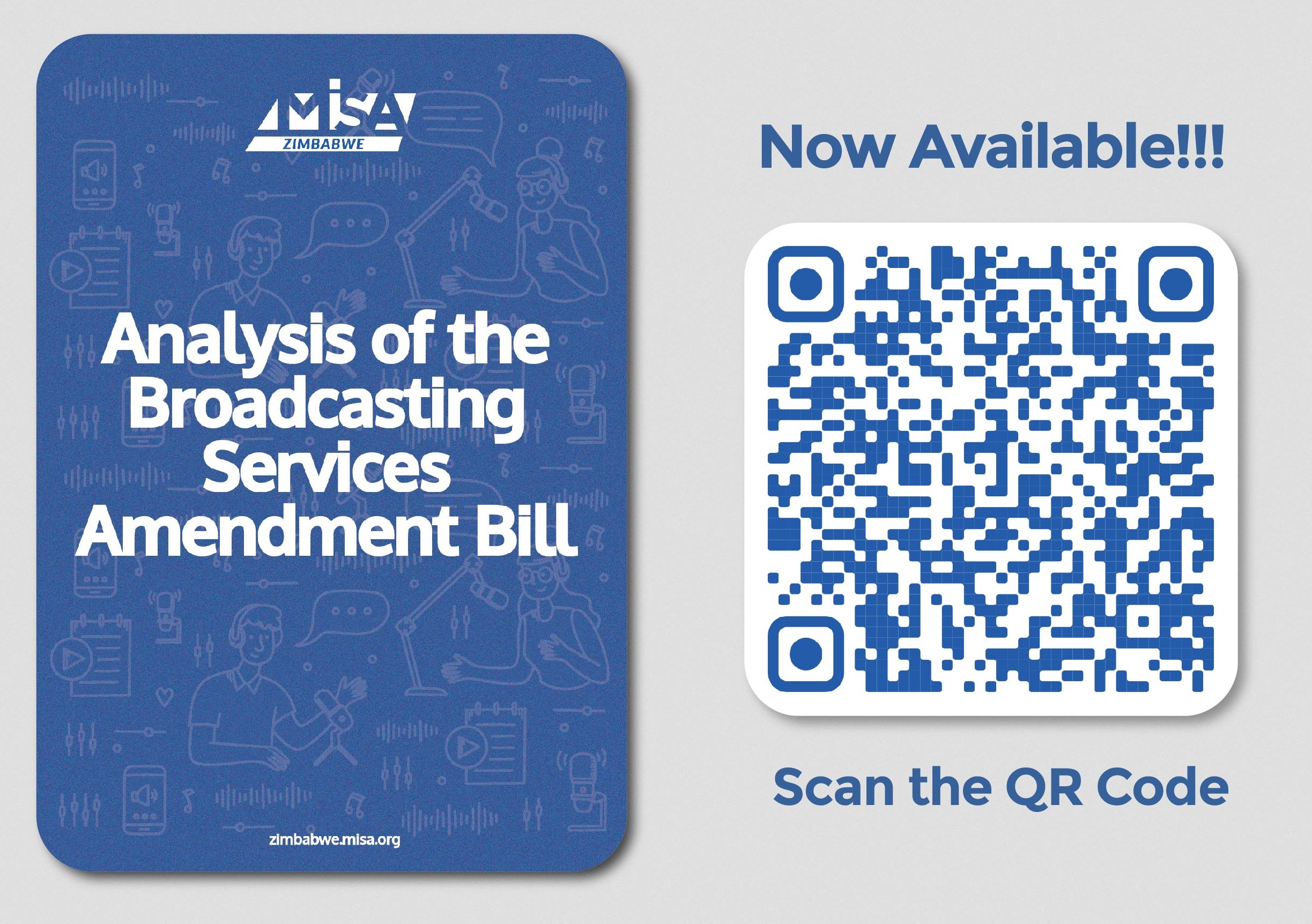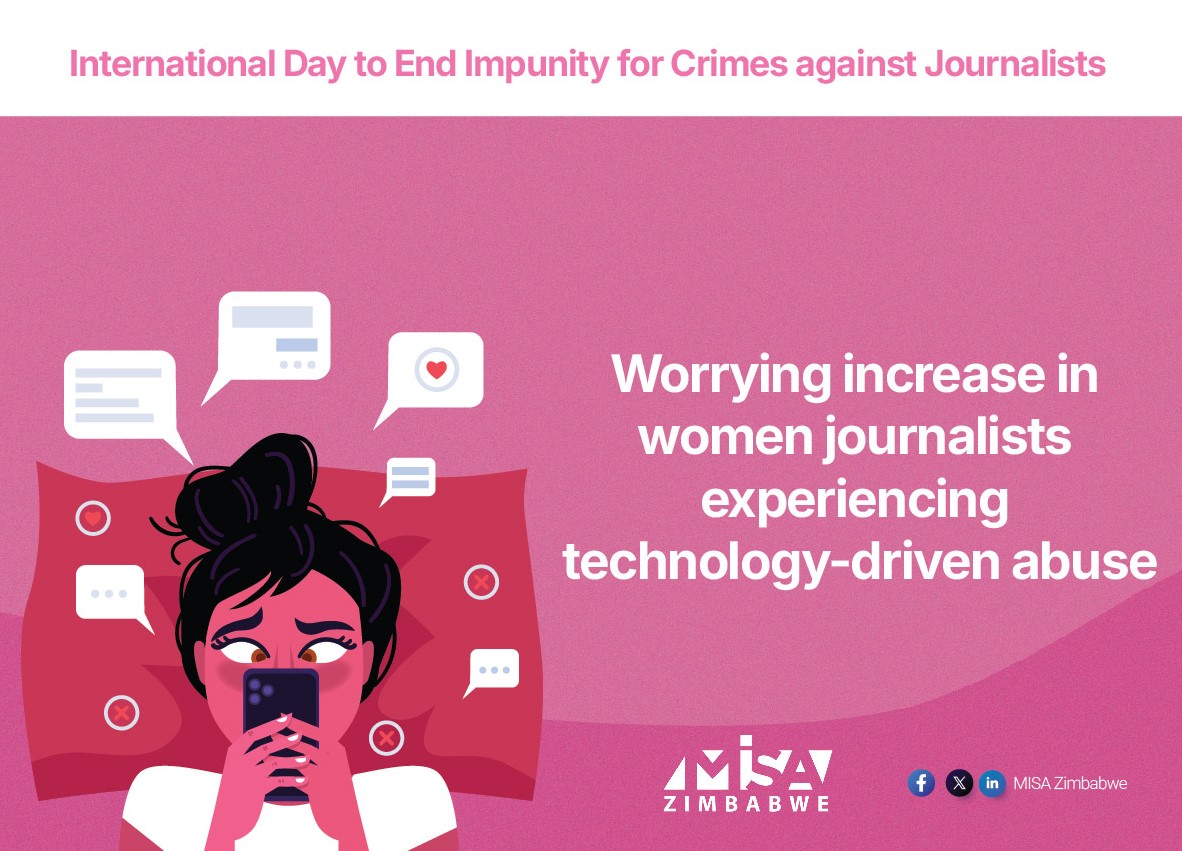Introduction
The recently gazetted Broadcasting Services Amendment Bill is meant to modernise the legal framework and industrialise the sector while addressing the issue of motor vehicle radio licences.
The Bill, among other issues, seeks to align the Broadcasting Authority of Zimbabwe (BAZ) ‘s oversight role with the Constitution and the Public Entities and Corporate Governance Act while modernising and industrialising the sector.
It provides that the Broadcasting Authority of Zimbabwe (BAZ) regulates and manages the broadcasting service bands for sustenance rather than control, thereby aligning it with constitutional principles and international best practices. Its emphasis on enhancing transparency, fostering inclusivity, and promoting local content is commendable.
Analysis
The Bill provides a new provision ( Section 38 (4):
The Zimbabwe National Road Administration (ZINARA) and every motor insurance company shall only issue a motor vehicle license and motor insurance policy respectively to individuals who either hold a current radio licence issued by the Zimbabwe Broadcasting Corporation (ZBC) or a valid exemption certificate from the (ZBC) unless the vehicle to be insured is not equipped with a radio receiver.
This amendment will prohibit the Zimbabwe National Road Authority and every motor insurance cover from selling a motor vehicle licence and motor insurance policy, respectively to individuals without the Zimbabwe Broadcasting Corporation current radio license or an exemption certificate from Zimbabwe Broadcasting Corporation, unless the vehicle to be insured is not equipped with a radio signal receiver.
This provision highlights an irrelevant connection. Linking motor vehicle licensing and insurance to radio licenses creates an unnecessary linkage between unrelated services.












